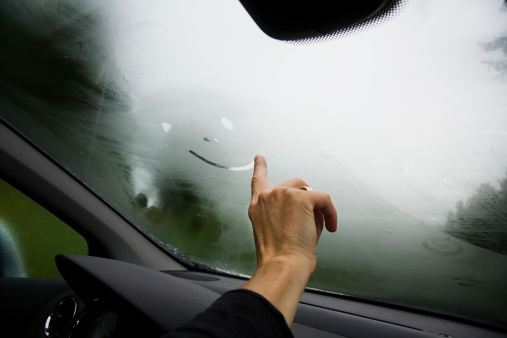
Or truck.
Other cars, lane lines, hopefully*. Traffic lights, parking lots. Some trees, a pedestrian*. A cyclist**.
A sidewalk – don’t stop looking at your phone.
Without a shift in perspective, it’s readily seen how none of this changes until people get out from behind the windshield. And no one will make you – that’s not how this works, at least not here, not yet. The costs could sway your decision-making, you could think about doing something differently. Not because you have to, but because you’re curious. You don’t live out in the country, but you also can’t quite walk to the store, much less to work. Still, you want to check out the view, have a look at the street from up close, from the other side of the windshield.
The prospect of seeing other drivers, reifying our fellow road-users, in recent parlance, into something other than the abstractions that we experience, which allow us to disconnect what we are doing from the consequences of doing it. That abstraction is what has to go. And if it’s only that, maybe we won’t feel like we’re losing so much.
See how fun this is? Fiddling with ways to trick ourselves into doing what’s best. So very child-like, this dependence on unsupportable habits to maintain, to remain in, abstract suspension, protected from the outside and other people, things that don’t actually mean us harm. “But I need to get from here to there,” though I don’t want to re-consider here or there. Just want to stay wrapped in this steel cocoon.
Conveyance. Economic drivers. These notes for later betray an urgency beneath the wheels, outside the windows.
